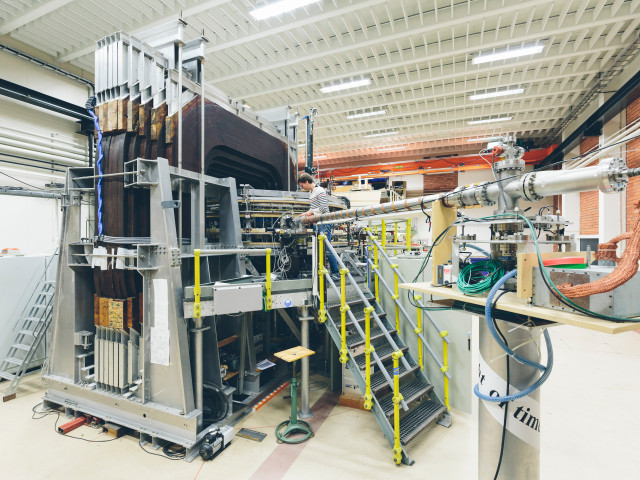The course is focusing on the design and analysis of a nuclear reactor with special attention to safety, economy and environment. Example of topics which are covered in the course:
(1) nuclear reactor design and principles of reactor analysis
(2) core design, core operation and fuel design
(3) core reactivity and poisoning
(4) thermal-hydraulics of water cooled reactors
(5) thermal limits in fuel under reactor operation
(6) materials in nuclear systems.
The objective of the course is to provide an overview of nuclear reactor issues that influence on nuclear power safety, economy and environment. After successful completion of the course students will be able to
(a) describe how nuclear reactor operates,
(b) formulate, analyze and solve simple problems which are relevant for reactor physics and thermalhydraulics,
(c) describe typical technical solutions applied in current and future nuclear reactors,
(d) perform simple thermalhydraulic and nuclear design of reactor core,
(e) reflect over thermal margins in a reactor core under normal operation and transient.
